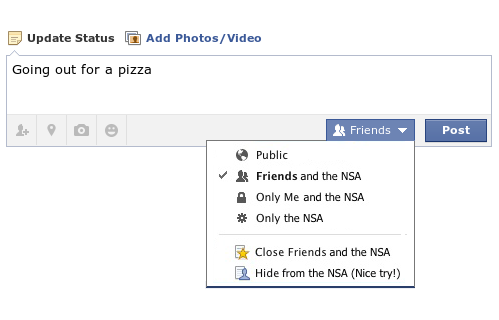I’m not sure this even rises to the level of “bleeding obvious”, but Tom Jacobs connects the dots to make the point that narcissists on Twitter send frequent tweets:
Spotting a narcissist can be tricky, but newly published research suggests a tell-tale marker: Note how often he or she tweets.
“Narcissism does appear to be a primary driver for the desire for (Twitter) followers, which in turn drives tweets,” writes a research team led by Shaun Davenport of High Point University.
It reports in the journal Computers in Human Behavior that study participants with narcissistic tendencies tended to tweet more often than others, as well as to post more Facebook status updates.
Comparing the two social media platforms, the researchers found a generational divide, noting that “narcissistic college students prefer to post content on Twitter, while narcissistic adults prefer to post content on Facebook.”
This appears to reflect a difference in Facebook usage between millennials and members of earlier generations, with millennials’ posting of status updates being more routine and less likely to reflect narcissistic motives.
H/T to David Warren, who makes the obvious point:
Narcissism alert: http://t.co/ra6nPtvCqi … (This article was written exclusively in the hope it would make a splash on Twitter.)
— David Warren (@DavidWarrenOn) January 11, 2014





